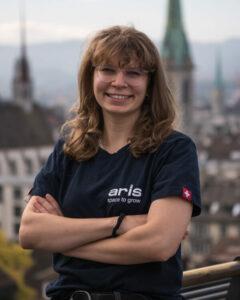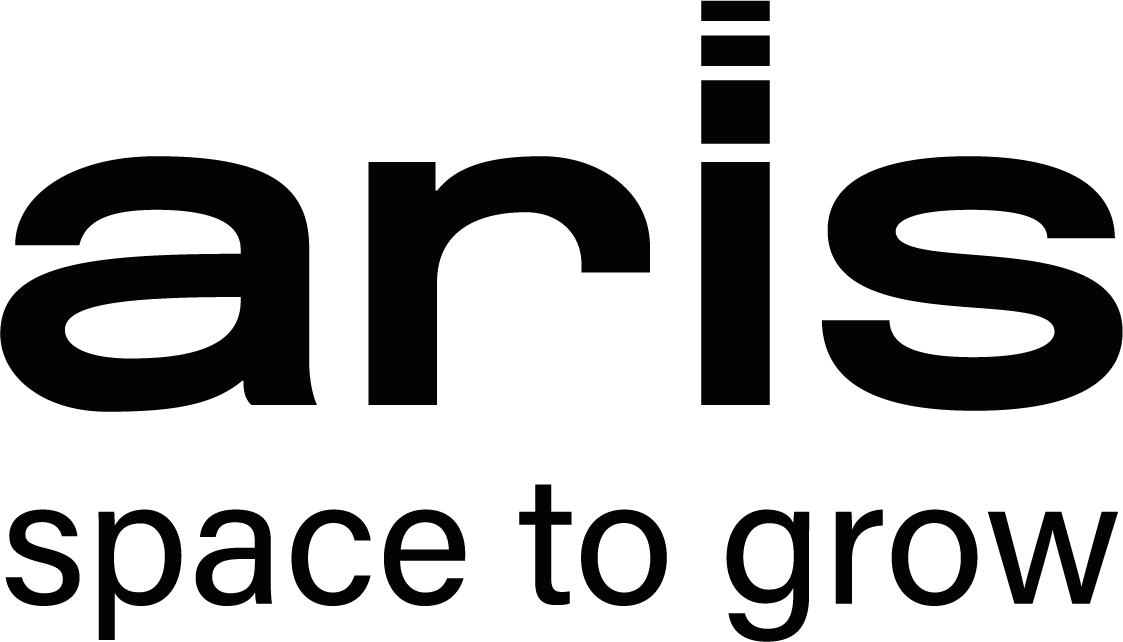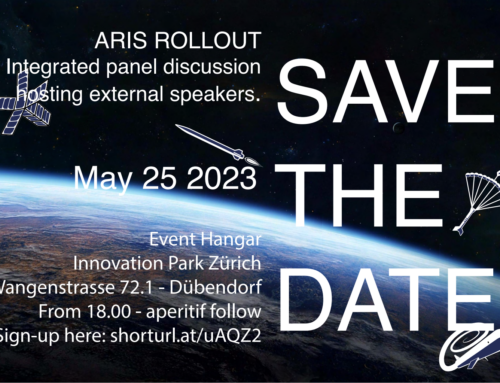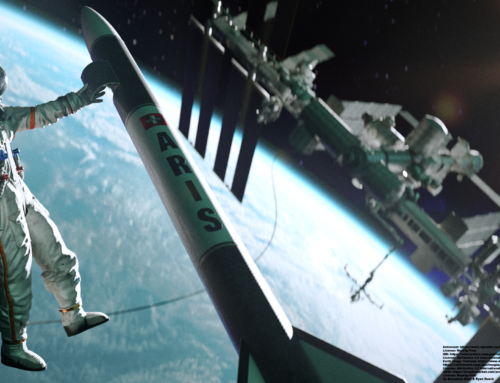IPZ Dübendorf, Switzerland – ARIS is proud to announce that Rabea Rogge, a former ARIS member, will participate as an astronaut in the commercial space mission Fram2. This mission will be the first crewed spaceflight to fly over both polar regions of the Earth. Rabea Rogge will play a central role as a mission specialist and research officer.

Rabea Rogge
Her journey into space began with ARIS in the CubeSat team SAGE, where her curiosity for space was sparked. “My path began with ARIS in the satellite team and inspired my passion for New Space,” says Rabea Rogge. “I am excited to break new ground with the Fram2 mission and to be one of the first people to see both poles of the Earth from space.”
During her time with ARIS, Rabea Rogge gained valuable insights into space technology and its rapid development. “The space industry is undergoing transformation, and ARIS is part of this change,” Rogge emphasizes. “It is inspiring to awaken the curiosity and sense of exploration that drives us to constantly tackle new challenges in space.”
“ARIS is delighted to play a key role in supporting and nurturing the development of space professionals and technological innovations.” Moritz Tuchschmid, President of ARIS, commented: “We are captivated by Rabea Rogge’s journey and wish her the best in this groundbreaking endeavor!”
The Fram2 mission offers the opportunity to explore the interaction between humans and technology in challenging environments and gain important insights. “It is incredibly exciting to discover the unexpected experiences that go far beyond our imagination,” explains Rabea Rogge.

“Bruno”, the Prototype Rabea worked on
“Rabea Rogge’s participation in the Fram2 mission demonstrates how seamlessly the connection between student projects and the rapidly developing space industry can be,” says Sascha Quanz, professor of astrophysics at ETH Zurich. “Her motivation and expertise will be a great asset to Fram2 and vividly illustrates the impact organizations like ARIS can have on the education of future space pioneers. This must continue to be supported, also by the universities.”




Social Contact